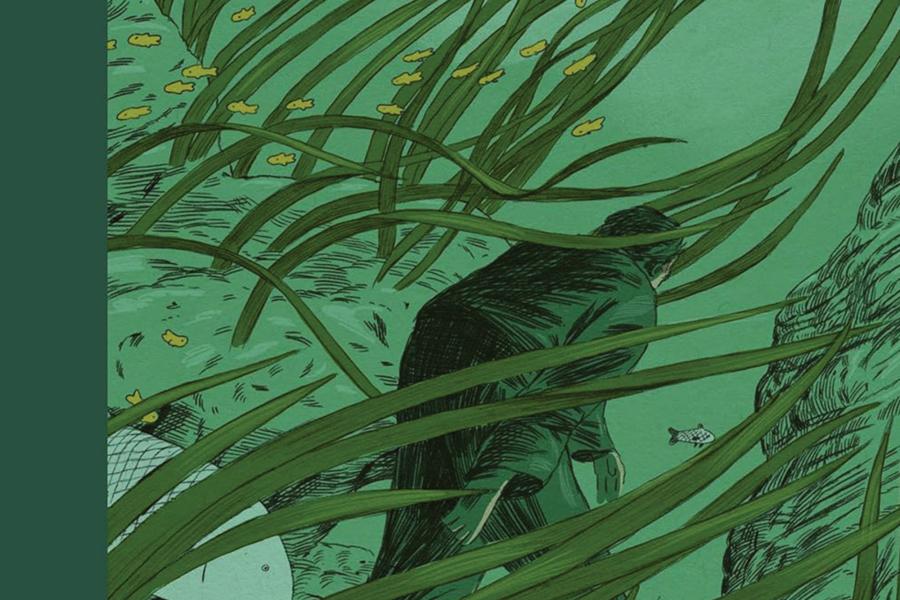In the opening section of Waders, poet Andrew Motion places characters and perhaps life itself in an endgame. A "seriously ancient" David Attenborough narrates a scene where a poor pangolin is stripped of its scales by poachers, all to remind us just "how deeply in the soup we are." In another poem, a boat heads out to sea and returns with a blue crab bounty, but one wonders how many catches remain. With magnificent detail and efficiency, these early poems—often quite literally—give the reader a view from a misty shore where nature's beauty and fragility play out like sandcastles eroded by the tide.
Motion, a professor in the Writing Seminars, is the author of 13 books of poetry. Waders, his first published collection since 2018, comprises 15 poems that he has written since moving from the U.K.—where he was British poet laureate—to the United States in 2015. The poems here take shape in a wide variety of forms, with some reading as microfiction, some as free verse, and one a powerful four-line image that hangs with you well after the words end. The book's title comes from a poem first published in The New Yorker in 2017. "Waders" in fact leads off the second part of the collection, which deals largely with loss, home, and family, with the poet often retracing steps in his childhood and facing the ghosts of memories. Motion's poetry has often been described as narrative and personal, a style on full display here.
The epic final poem, "Essex Clay," reads like a movie script, an encounter with a lost love 40 years in the making and a tragedy in the intervening years. While time might feel like it's running out, time's also indeterminate, as he points out in "Hardly a Day," "so this might be late or early," he writes. It all depends on what we choose to do next.
Posted in Arts+Culture








